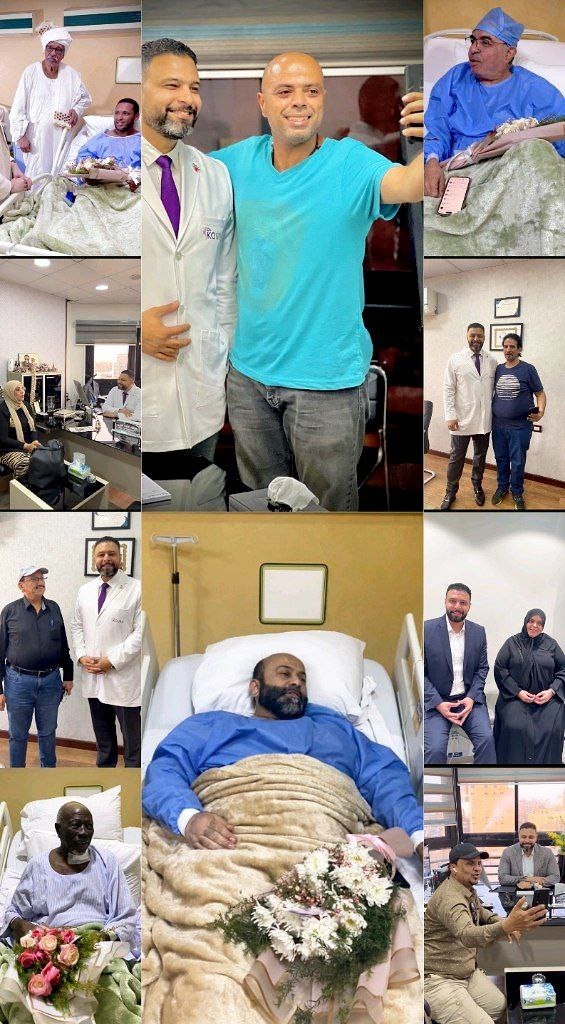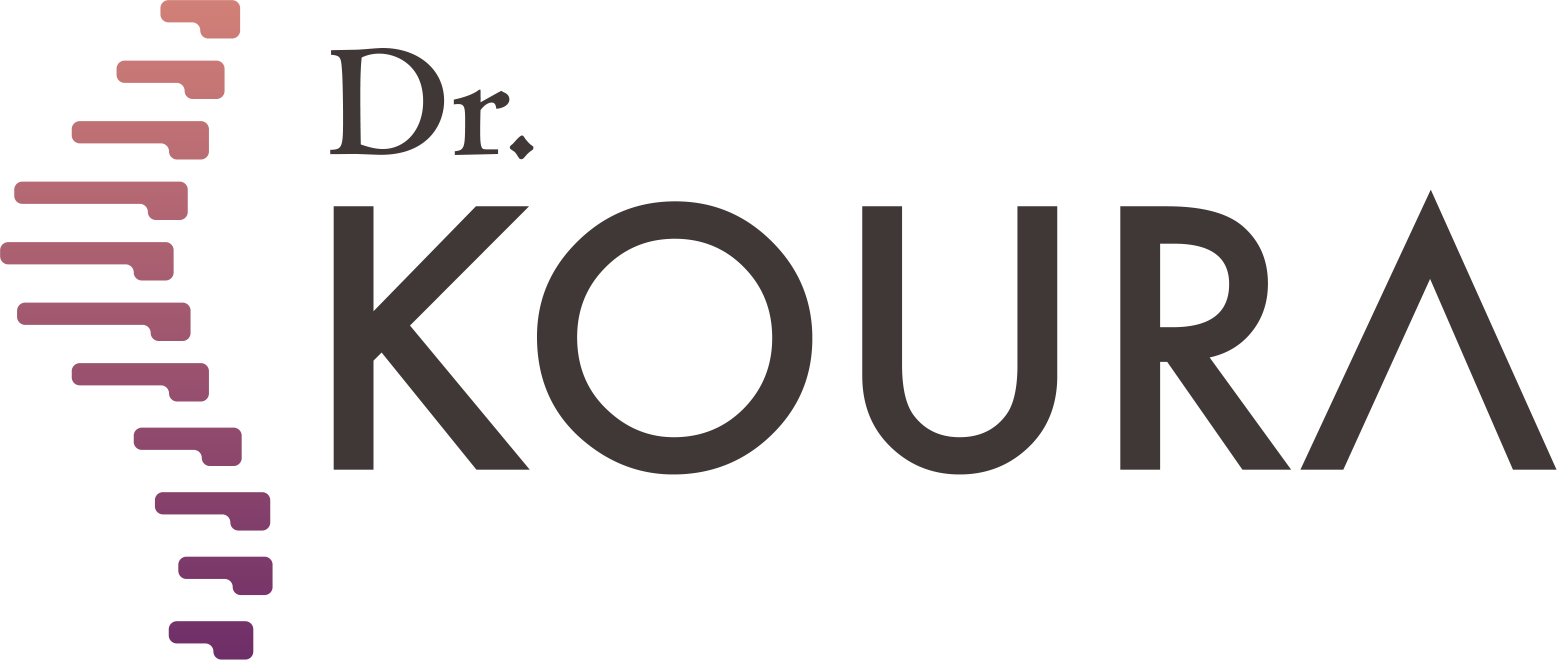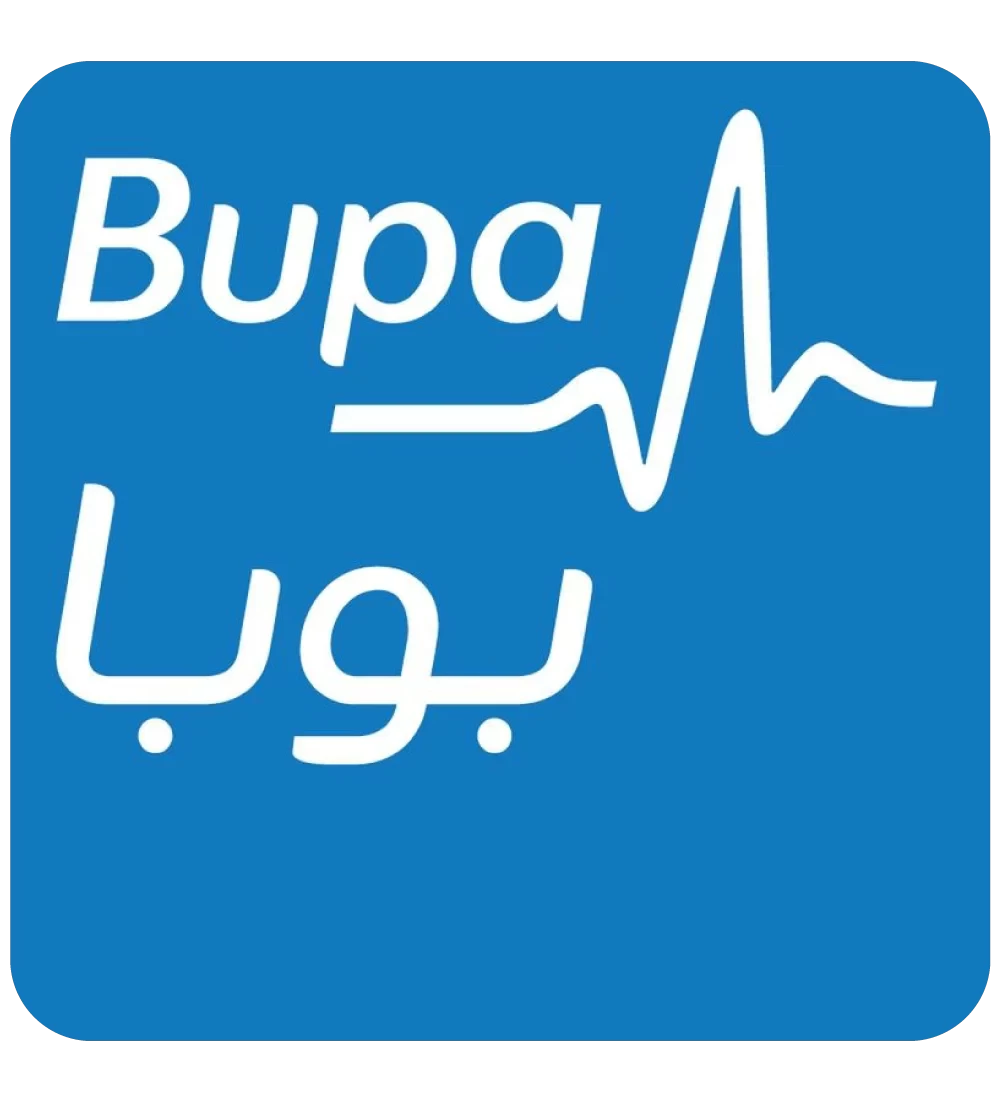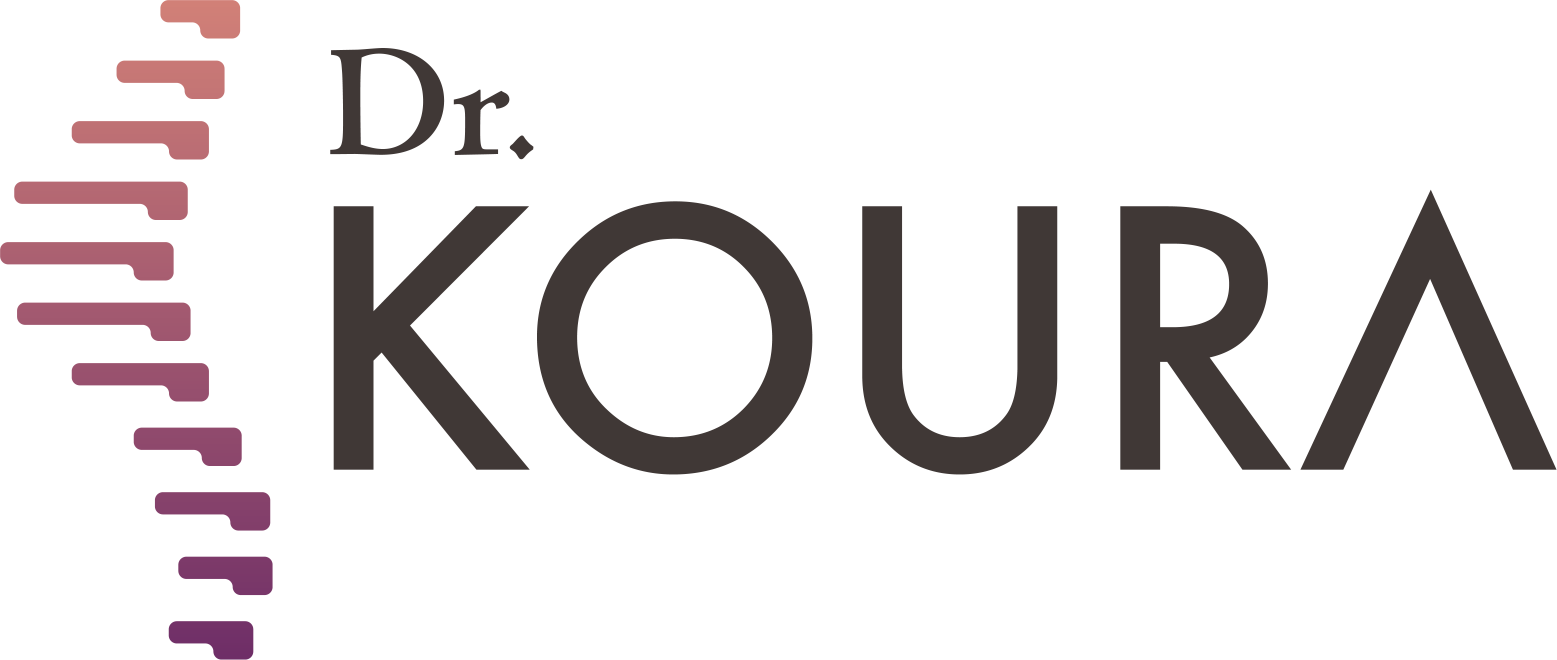
To see patients' reviews
Click hereThe causes of spinal pain


Back pain is a common health problem that affects many people at different stages of life and can significantly impact daily life quality. The causes of spinal pain vary from simple muscle strain to more complex medical conditions such as chronic diseases or injuries. Understanding these causes and choosing the right treatment can be challenging, but modern medical advancements offer effective solutions that can help alleviate pain and restore the ability to carry out daily activities with ease. In this article, we will review treatment methods for back pain, including rest and self-care techniques, as well as advanced treatments like radiofrequency therapy. We will also discuss the importance of consulting a doctor, such as Dr. Mohamed Koura, to determine the root cause of the pain and ensure the best treatment is provided.
Symptoms of Spinal Pain
The symptoms of back pain vary in intensity and location. Common symptoms include:
- Pain extending to the leg: Pain may radiate from the lower back down to the legs, causing discomfort in these areas.
- Pain in the back, buttocks, and feet: Lower back pain may be accompanied by pain in the buttocks and feet, affecting daily activities.
- Shoulder curvature: If the pain spreads to the upper spine, it may cause a curvature in the shoulders.
- Stabbing sensations in the back: The pain may be accompanied by stabbing or tingling sensations in the back area.
- Sudden muscle pain: A sharp, sudden pain may occur in the back muscles, hindering normal movement.
- Difficulty standing upright: Some individuals may have trouble standing up straight, especially after prolonged sitting or driving, causing discomfort.
- Discomfort while sleeping, headaches, and fatigue: The patient may experience discomfort when sleeping, accompanied by headaches and general fatigue.
- Limited back movement and flexibility: Pain may restrict movement, limiting the flexibility and range of motion in the back.
In some cases, a patient may not show all these symptoms at once, but may experience some of them or just a feeling of unusual fatigue.
Causes of Spinal Pain
Spinal pain can have various causes related to health and lifestyle factors. Common causes include:
- Lower back disc problems: Rupture or damage to the cushions or discs between vertebrae can put pressure on nerves and vertebrae, causing lower back pain.
- Stress and tension: Back pain may result from nerve tension or be secondary to issues with other organs, such as the heart or stomach.
- Osteoporosis: Low calcium levels can lead to osteoporosis, weakening the spine's ability to handle pressure and causing lower back pain. Poor posture can worsen these symptoms.
- Arthritis: Arthritis may narrow the space around the spinal cord, increasing pressure on the vertebrae and causing severe back pain, affecting other joints like the knees and ankles.
- Kidney and uterine diseases: Certain conditions, such as kidney and uterine diseases, can lead to spinal pain, causing discomfort in the back area.
- Muscle strain: Sudden exercise or lifting heavy weights without proper preparation can strain the muscles and ligaments between vertebrae, leading to back pain.
- Pregnancy-related back pain: Pregnant women often experience back pain due to the growing fetus, which increases pressure on the spine and causes discomfort.
These causes contribute to back pain, which can vary in severity and distribution, requiring accurate diagnosis and appropriate treatment.
Additional Causes of Spinal Pain: Infections and Tumors
Spinal pain can also result from infections or tumors. Bacterial infections can affect the vertebrae or discs, causing inflammation and severe pain. Tumors, whether benign or malignant, may appear as abnormal masses on the vertebrae or surrounding tissues. Benign tumors are typically less serious, but they can still cause noticeable pain due to pressure on nerves or surrounding tissues. Malignant tumors require urgent treatment as they can spread and have a negative impact on spinal health.
Treating Spinal Pain
Spinal pain, from the cervical to the lumbar region, is a widespread and painful issue that many people face. This pain can significantly affect a person’s ability to move and carry out daily tasks. However, modern treatments, such as radiofrequency therapy, offer a safe and effective alternative to surgery for managing lower back pain.
Effective Strategies for Treating Back Pain
Several home remedies can help alleviate and prevent back pain:
- Changing pillows: If the pillow is uncomfortable, it may cause neck pain and affect spinal alignment.
- Light exercise: Gentle exercises like walking and swimming can strengthen muscles without straining the back, while back-specific exercises prescribed by a doctor can improve muscle flexibility.
- Physical therapy: Long-term physical therapy options can be effective for back pain, as recommended by a doctor.
- Weight loss: Reducing weight helps lessen the pressure on the spine, as obesity increases stress on the muscles.
- Proper posture techniques: Using correct body mechanics, such as standing in a neutral pelvis position and using a small support to relieve pressure on the lower back, can help.
- Sitting correctly: Choosing chairs with good support or using a rolled-up pillow to support the lower back helps maintain the spine's natural curvature.
- Safe lifting: Lifting with the legs instead of the back and keeping the spine straight while bending the knees is important.
You can also learn more about prevention methods, such as exercises to relieve neck pain and healthy sleeping habits for disc herniation patients.
When Should You Consult Your Doctor?
In cases of back pain, painkillers and rest may be enough for recovery, as long as daily activities are done cautiously and any activity that increases pain is avoided. Most cases of back pain improve with rest, proper exercises, good sleep, and painkillers. However, if there is no improvement within the first 72 hours and the pain persists, a doctor’s consultation is necessary for an accurate diagnosis. A precise diagnosis will help identify the root cause of the pain, enabling a specialist, like Dr. Mohamed Koura, to determine the appropriate treatment. In rare cases, surgery may be required, but most back problems can be treated with non-surgical techniques like radiofrequency therapy, an effective alternative to surgery.
Dr. Mohamed Koura’s clinic offers comprehensive medical care for back pain using minimally invasive treatments without surgery, employing the latest technology and scientific methods to ensure the highest level of quality and safety.
Dr. Mohamed Koura is here to assist you using the latest therapeutic techniques, including thermal radiofrequency and laser treatments for spinal pain without surgery—book your appointment now from here.
Why Choose Dr. Mohamed Koura ?
Simply because he is the best doctor in his feild. He stays updated on the latest treatment technologies through his participation in various international conferences with leading foreign doctors and experts. Finally, and most importantly, Dr. Mohamed Koura is the best doctor in Egypt and the Arab world, possessing 12 non-surgical techniques for treating spinal and joint problems. He was the first to introduce modern interventional treatment techniques in Egypt & the Middle East and is the only one using the disc fx technique to treat spinal pain.
To see patients' reviews
Click hereCertainly not, some cases must be treated surgically, and the most appropriate technique for the patient is determined through a medical examination and the presence of imaging studies.
No, it is necessary to make a reservation through a phone call or social media messages.
There are no risks or side effects associated with non-surgical pain interventions.
The patient needs only 3 to 4 days before they can travel comfortably, and the hospital stay does not exceed 6 to 8 hours.
A condition cannot be accurately assessed and a proper medical diagnosis made without a medical examination and recent imaging studies.
Yes, there are several payment methods available through Visa or electronic wallets by making a reservation on our website.
Certainly, obesity is one of the causes of knee osteoarthritis.
Radiofrequency activates the nerve and does not cause any damage to it.
Non-surgical interventions are a definitive treatment for some cases and pain relievers for other cases, which is determined by the doctor through a medical examination.
If the herniated disc is fully treated, there is a possibility of it reoccurring in some cases, such as not following the doctor's prescribed instructions after the intervention, experiencing an accident, or making a sudden wrong movement like lifting heavy objects.
The entire disc is not removed due to the presence of several risks and it may exacerbate the condition. Only the protruding part that causes pain is removed.
This cannot be done with radiofrequency, but it is performed through other techniques that Dr. Koura conducts.
The success or failure of non-surgical interventions cannot be judged through radiographic imaging because these procedures involve making subtle changes to critical parts to address the issue. Consequently, they do not produce significant changes to avoid potential complications in the future or damage to the spine and joints, which is our primary goal.
Spinal stenosis does not typically cause sciatica. In most cases, disc herniation is what may lead to sciatica. This does not necessarily mean that a patient with sciatica will also have spinal stenosis.
Sciatica may return if the patient does not adhere to the medical instructions provided by the doctor or in the event of an unexpected accident.
Lower back pain can result from several causes, including a herniated disc, nerve compression, muscle strain, or chronic spinal injuries. Lifestyle factors such as prolonged sitting, muscle weakness, and excess weight can also exacerbate the problem.
A life without pain without surgery
Once you book with Dr. Koura
Get rid of pain with just one call.. Book your appointment now with pain Management consultant Dr. Koura.






-webp.webp)




-webp.webp)
































